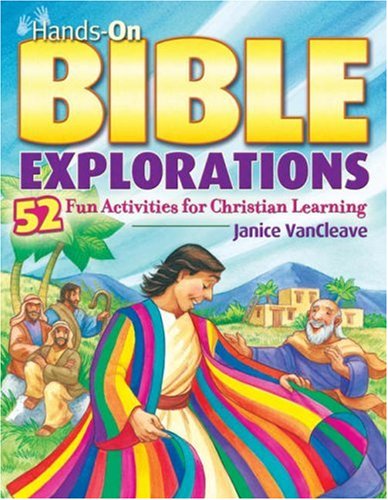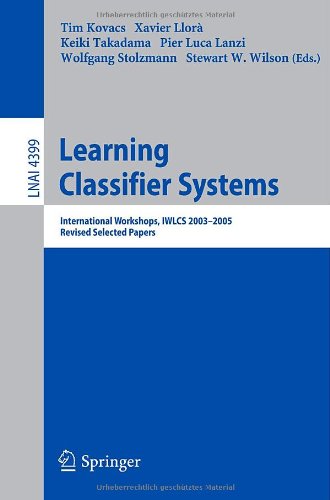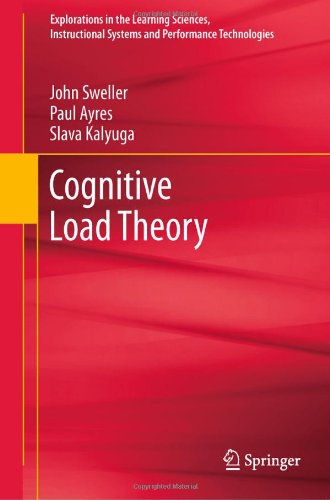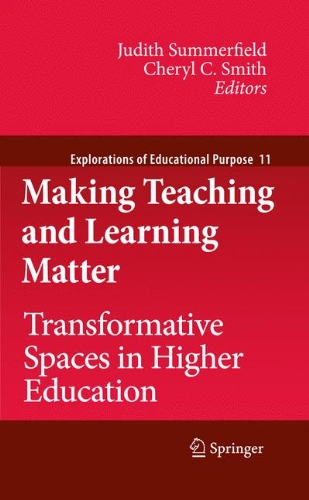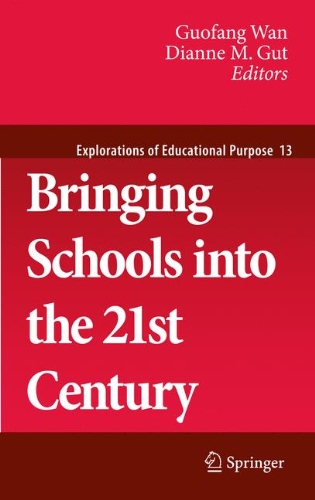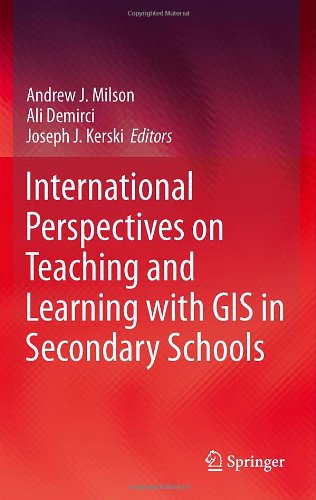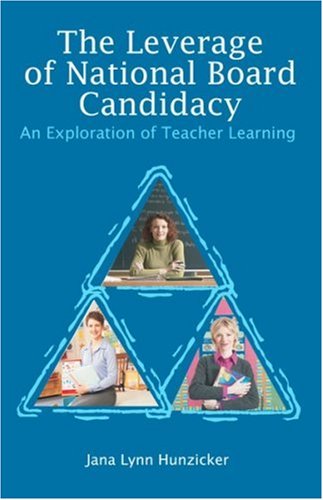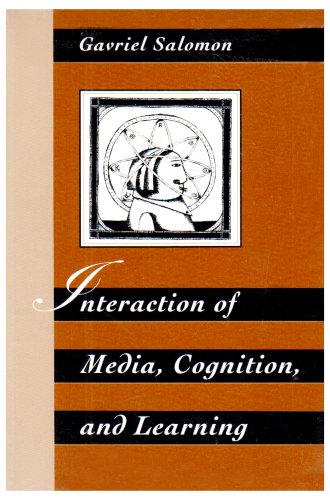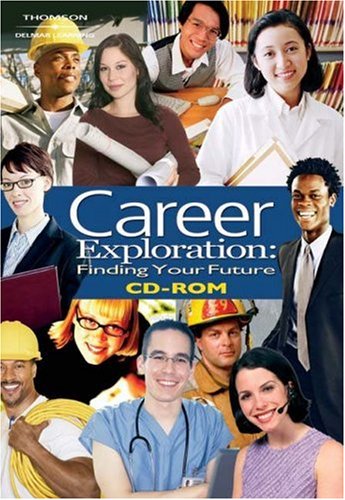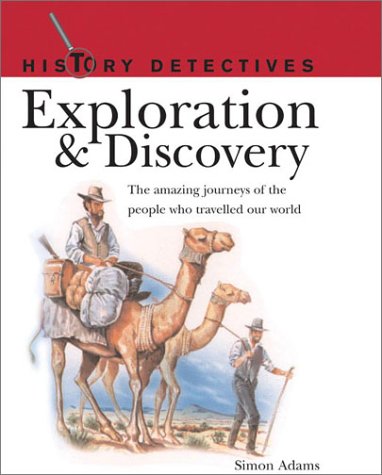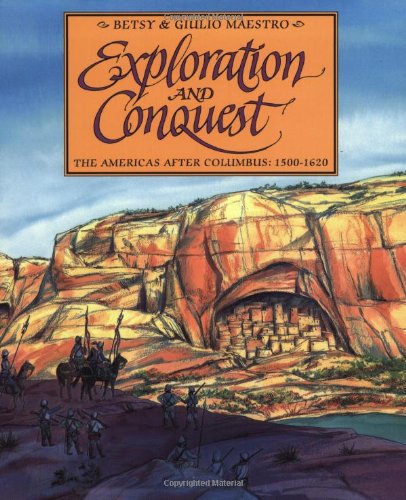Embracing Contraries: Explorations in Learning and Teaching Review
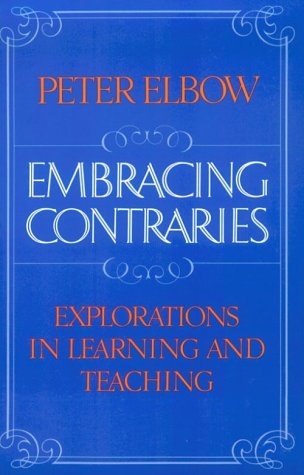
Peter Elbow's widely acclaimed and original theories on the writing process, set forth in Writing Without Teachers and Writing With Power, have earned him a reputation as a leading educational innovator. Now Elbow has drawn together twelve of his essays on the nature of learning and teaching to suggest a comprehensive philosophy of education. At once theoretical and down-to-earth, this collection will appeal not only to teachers, adminitrators and students, but to anyone with a love of learning.
Elbow explores the "contraries" in the educational process, in particular his theory that clear thinking can be enhanced by inviting indecision, incoherence, and paradoxical thinking. The essays, written over a period of twenty-five years, are engaged in a single enterprise: to arrive at insights or conclusions about learning and teaching while still doing justice to the "rich messiness" of intellectual inquiry. Drawing his conclusions from his own perplexities as a student and as a teacher, Elbow discusses the value of interdisciplinary teaching, his theory of "cooking" (an interaction of conflicting ideas), the authority relationship in teaching and the value of specifying learning objectives. A full section is devoted to evaluation and feedback, both of students and faculty. Finally, Elbow focuses on the need to move beyond the skepticism of critical thinking to what he calls "methodological belief"--an ability to embrace more than one point of view.


